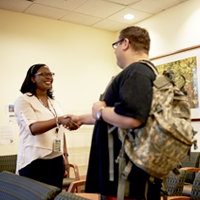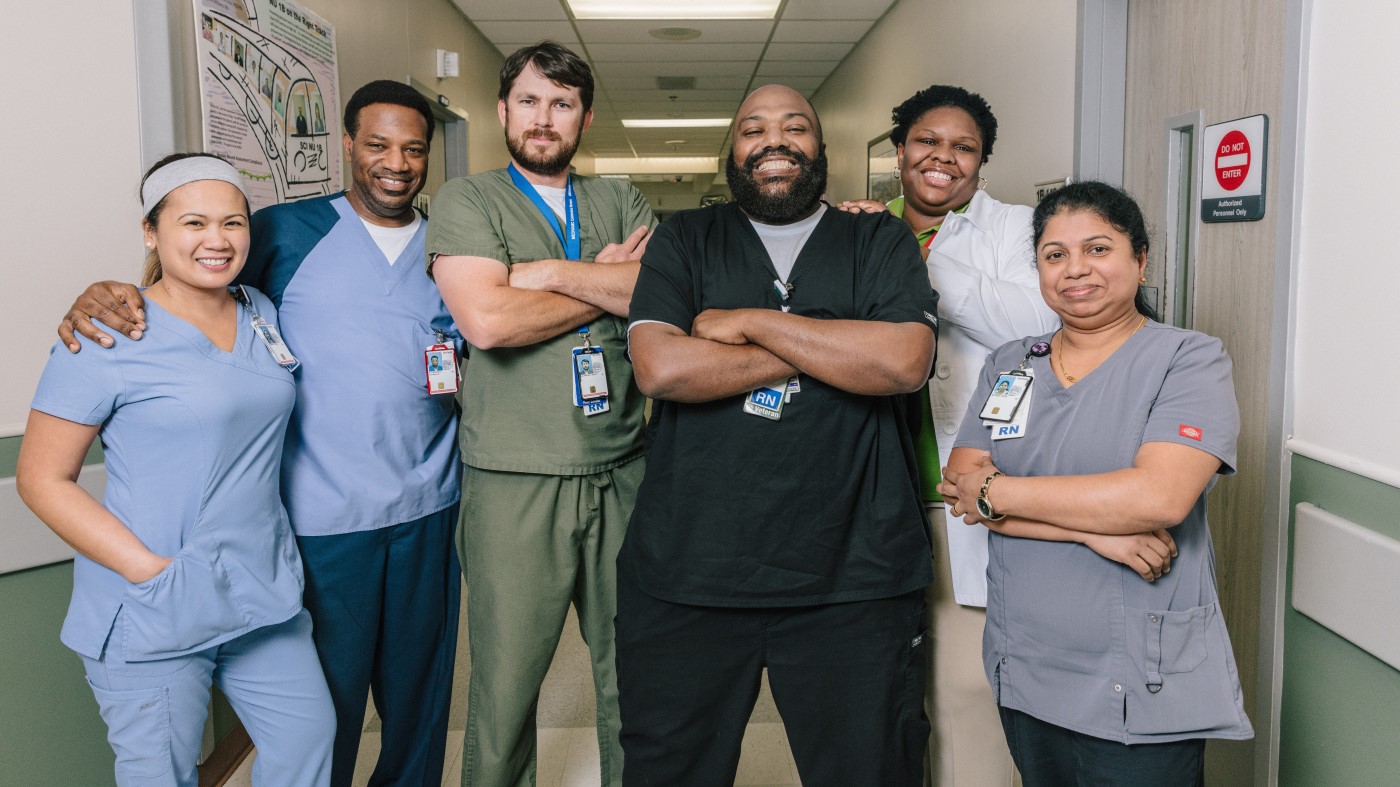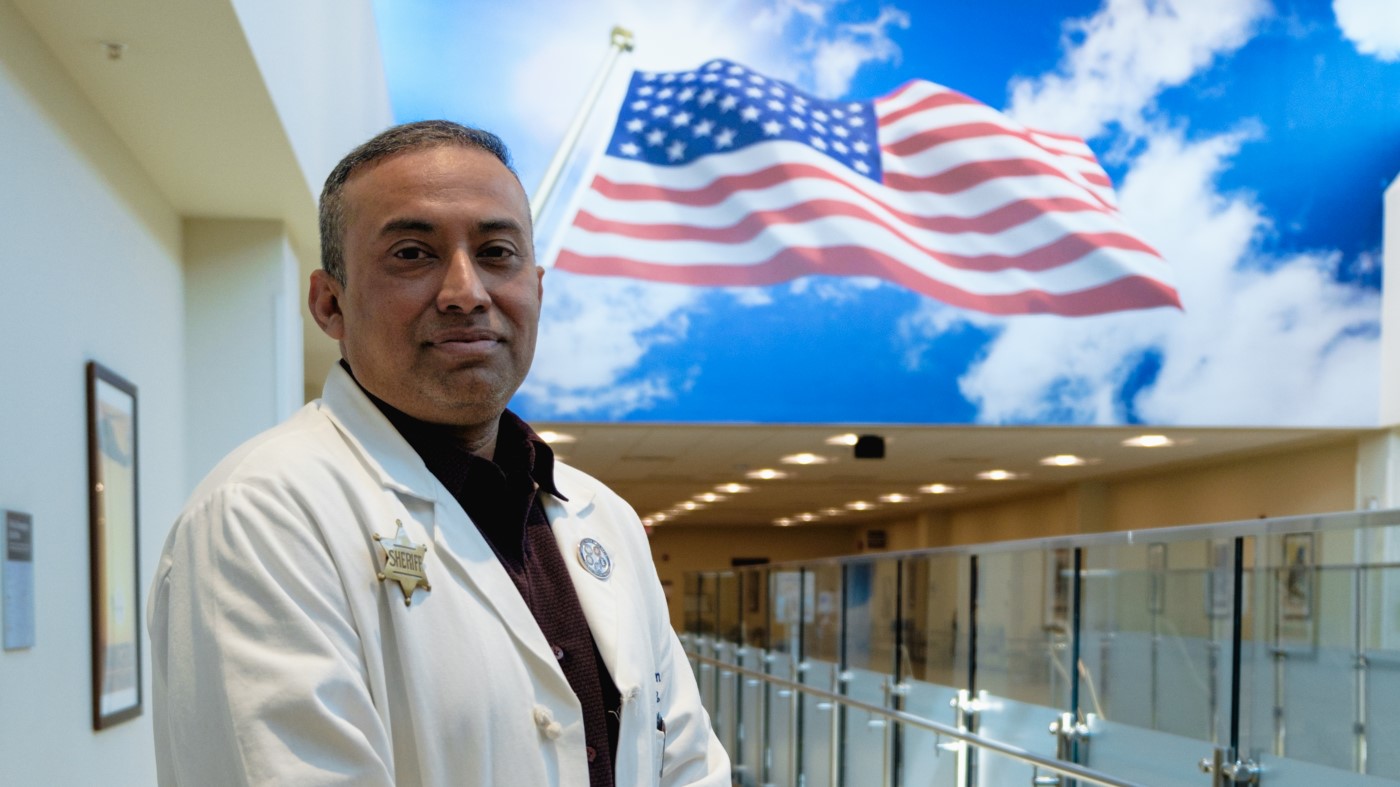More than 30 million Veterans experience hearing loss. Due to frequent exposure to loud noises from weaponry and aircraft, many service members develop conditions like tinnitus – a ringing, buzzing or other type of noise that originates in the head. It may not be the first issue people think of, but hearing loss is the most prevalent service-connected disability among Veterans, bringing significant challenges to their daily lives. That’s why we’re working hard to advance audiology research and care.
Throughout our health system, researchers are conducting a wide range of audiology studies, from biomedical investigations to large clinical trials. Much of this work is being done at our world-renowned National Center for Rehabilitative Auditory Research National Center for Rehabilitative Auditory Therapy, which is leading the way in audiology research.
Ongoing studies include:
- Collecting data from nearly 470 Veterans to learn more about auditory complaints in those who have been exposed to blasts.
- A focus on the relationship of hearing problems, with traumatic brain injury and PTSD.
- Improving the monitoring of hearing changes caused by the drug Cisplatin, which is traditionally used to treat cancer.
- Collaborating with the Massachusetts Eye and Ear Infirmary to identify biomarkers—including cellular changes—that could warn of impending hearing loss.
In addition to our research initiatives, we recently announced that Veterans who need routine audiology appointments can now schedule them directly, without having a referral from a primary care provider. Contact your local Veterans Health Administration office for more details.
Interested in joining our team? Search career opportunities in your area.
Topics in this story
More Stories
Through programs like the Employee Incentive Scholarship Program (EISP), VA employees like Dr. Kenyuatia L. Gash have received financial support in pursuit of their education.
Providing better outcomes for diverse Veterans means finding ways to reach them, whether on a personal level or on a geographic level.
As a chief of staff, you’ll have many important responsibilities, but also an opportunity to make positive change for our team and the Veterans we serve.







I was actually doing some research for a veteran friend of mine who is having some hearing problems and I never put his time spent in the service together with his tinnitus. Or course, that’s why I am not a doctor.